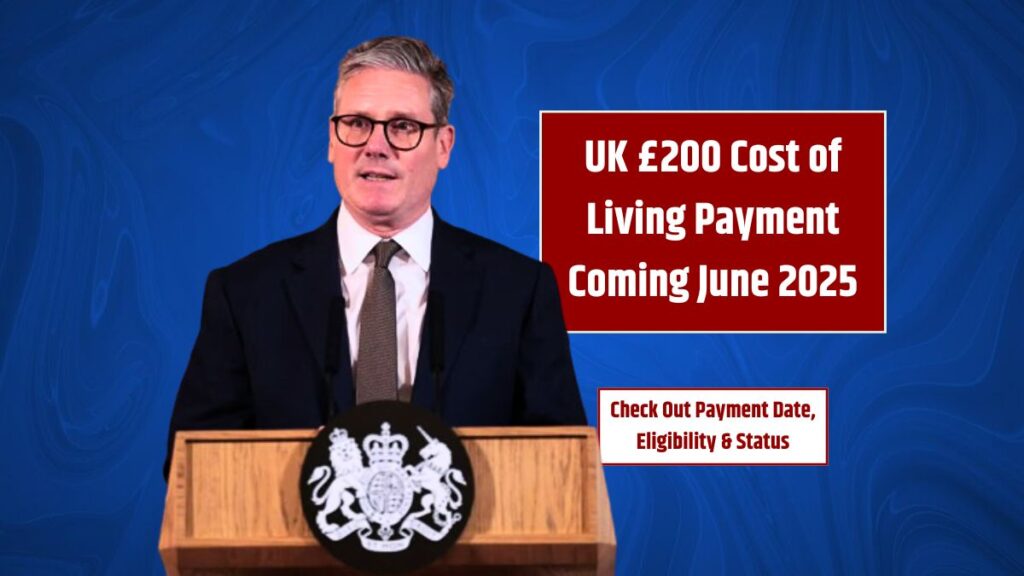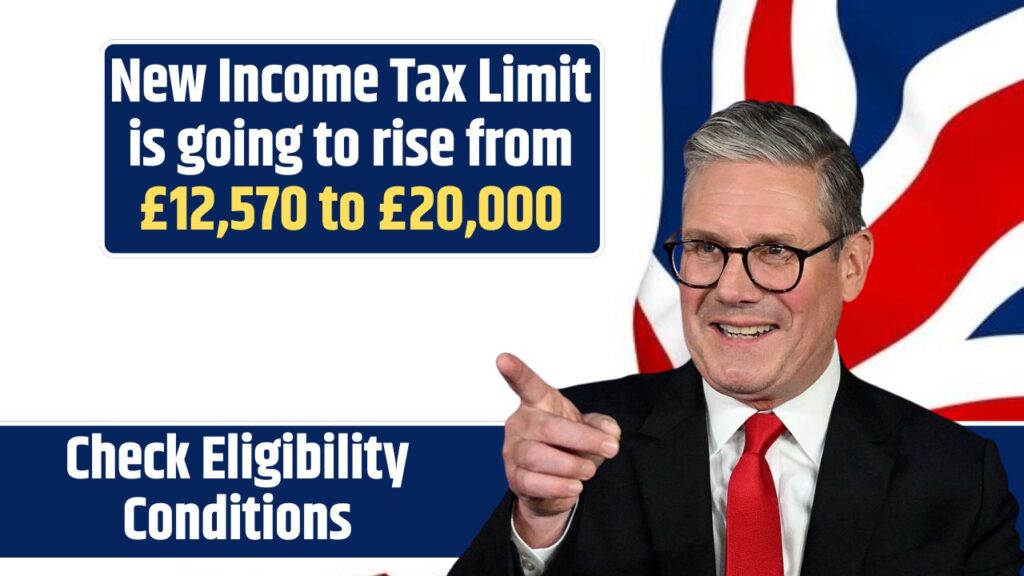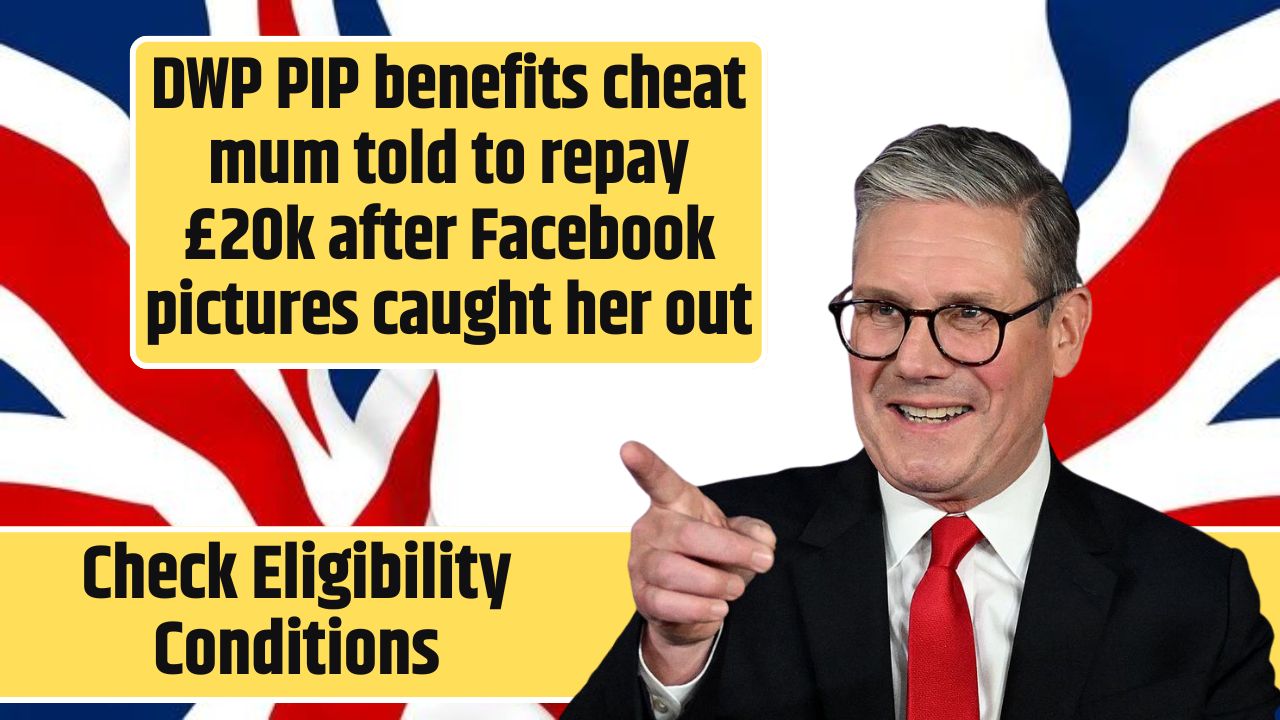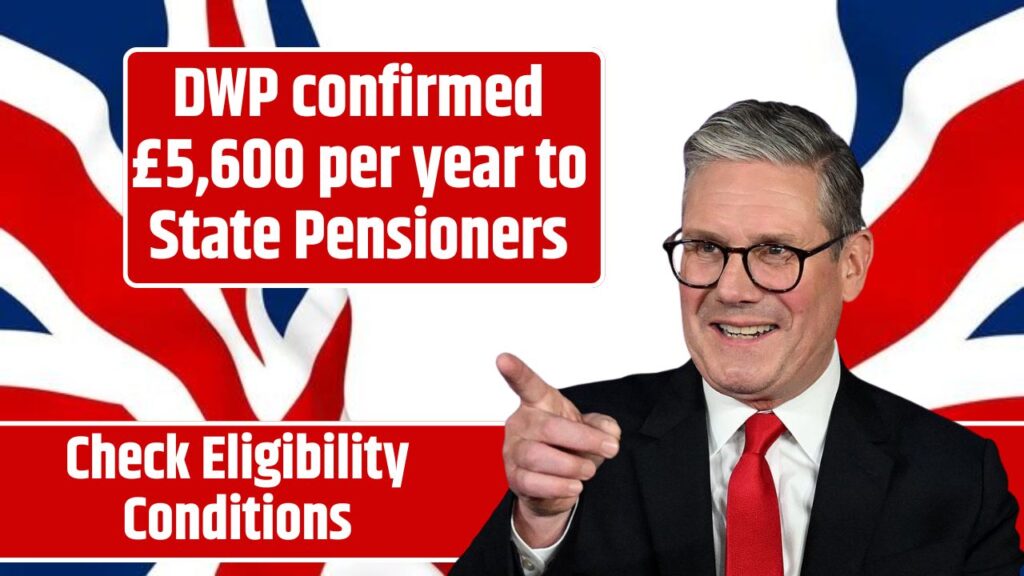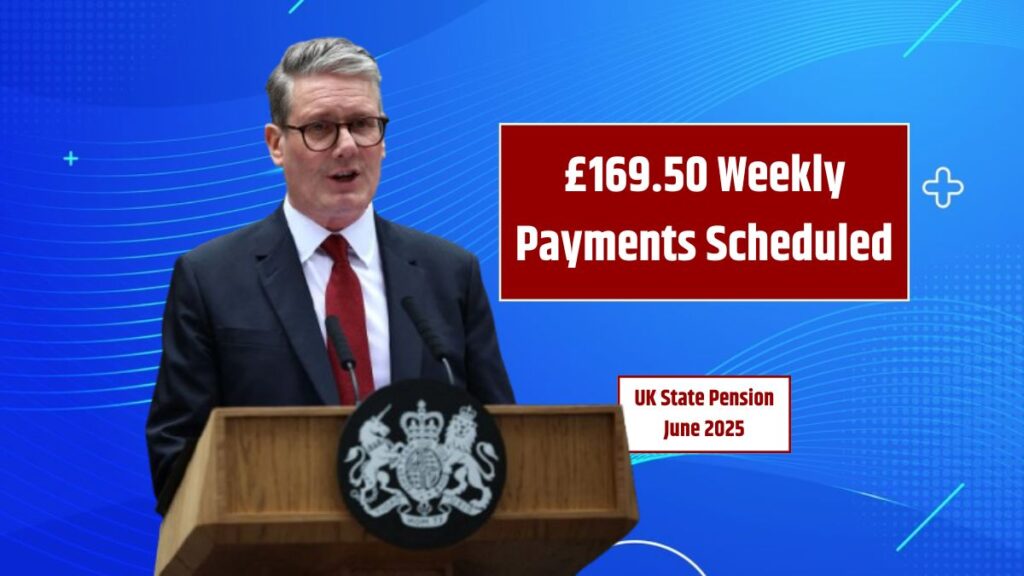Getting rejected from the IRS Settlement Payment 2025 program? You’re definitely not alone. Every year, thousands of taxpayers face the same disappointing response—but the good news is, it’s not the end of the road.
In this guide, we’ll break down exactly why rejections happen, what your options are next, and how you can increase your chances of approval moving forward.
Let’s walk through everything you need to know—step-by-step.
Overview
Here’s a quick glance at what the IRS Settlement Payment 2025 program is and what to expect if you’re dealing with a rejection:
| Topic | Summary |
|---|---|
| IRS Settlement Payment 2025 | A program to help taxpayers settle IRS debt for less. |
| Eligibility Criteria | Must prove financial hardship, doubt of collectability, or exceptional need. |
| Reasons for Rejection | Incomplete forms, unrealistic offers, non-compliance. |
| Next Steps | Appeal, revise your offer, or try an alternative plan. |
| Resources | IRS.gov and Form 13711 for appeals. |
So, if you’ve received a rejection letter, let’s figure out what went wrong—and how to fix it.
Basics
The IRS Settlement Payment—officially called the Offer in Compromise (OIC)—allows qualifying taxpayers to pay less than their full tax debt. It’s usually for those who are financially struggling, unable to pay, or disputing the accuracy of their tax debt.
When accepted, it offers a fresh start with massive benefits like stopping IRS collections, removing liens, and settling your debt for good.
Eligibility
You must meet one or more of the following to qualify for the OIC:
- Doubt as to Collectability – You don’t have the means to pay the full amount.
- Doubt as to Liability – You believe the IRS made an error in how much they claim you owe.
- Effective Tax Administration – You technically owe it, but paying would cause extreme financial hardship.
Also, you must be up to date on all required tax filings and estimated payments before applying.
Rejection
So why did the IRS say “no”? Here are the most common reasons:
- Incomplete Application – Missing documents, fees, or inaccurate info.
- Offer Too Low – The IRS thinks you could afford to pay more.
- Didn’t Meet Criteria – You may not have met hardship or liability guidelines.
- Non-Compliance – You haven’t filed past returns or made estimated payments.
- Undisclosed Income/Assets – The IRS found more than you reported.
Basically, if they think your offer isn’t reasonable or fully transparent, it’s likely to get rejected.
Steps
If your offer was rejected, don’t panic. Here’s what you can do:
Review the IRS Letter
The IRS will send a detailed letter explaining why they denied your application. Use that as your starting point—it tells you exactly what to fix.
Appeal the Rejection
Use Form 13711 (Request for Appeal of Offer in Compromise) within 30 days of the notice. Your appeal should include:
- A written argument explaining why the offer should be reconsidered.
- Any supporting financial documents or error corrections.
Resubmit a Better Offer
If your offer was just too low, go back to the drawing board. Use the IRS Offer in Compromise Pre-Qualifier Tool online to help you calculate a fair offer. You’ll need to consider:
- Monthly income and expenses
- Value of your assets
- Future income potential
Alternatives
If appealing isn’t an option or your revised offer is still rejected, consider these:
- Installment Agreement – Make monthly payments over time.
- Currently Not Collectible (CNC) – Prove you can’t pay now due to hardship.
- Penalty Abatement – Request removal of certain penalties due to valid reasons.
Benefits
Getting approved for an IRS Settlement Payment has serious upsides:
- You pay less – Potentially thousands less than the original debt.
- Stops collections – No more liens, levies, or wage garnishments.
- Peace of mind – No longer living under IRS pressure.
- Lien removal – IRS may release federal tax liens after acceptance.
- Financial freedom – You can rebuild without years of debt hanging over you.
Whether you’re resubmitting or investigating other options, the key is staying proactive and informed. A rejection might feel like a setback, but it’s often just a detour on the way to relief. With a solid plan and the right resources, you can absolutely bounce back.
FAQs
Why did the IRS reject my OIC?
Most rejections are due to incomplete info, low offers, or non-compliance.
Can I appeal an IRS Offer in Compromise rejection?
Yes, file Form 13711 within 30 days to request an appeal.
What’s the best alternative if OIC is denied?
Try an installment agreement or Currently Not Collectible status.
How long does the OIC appeal process take?
It can take several weeks to months, depending on case load.
Does a rejected OIC affect my credit score?
No, but unresolved tax debt might result in liens that do.





